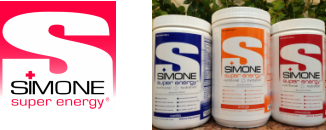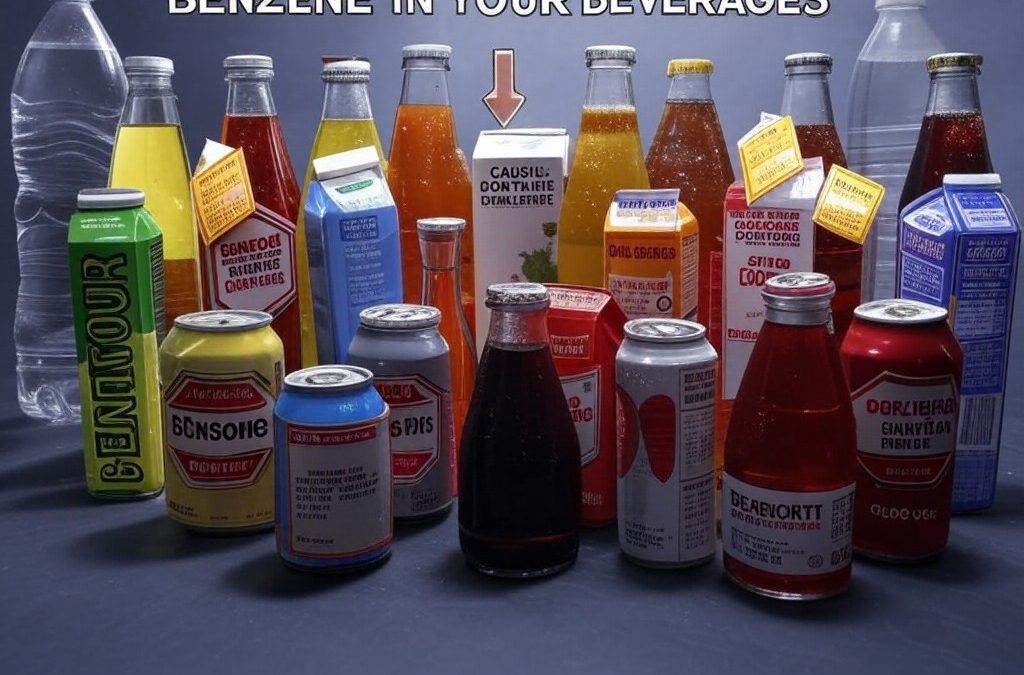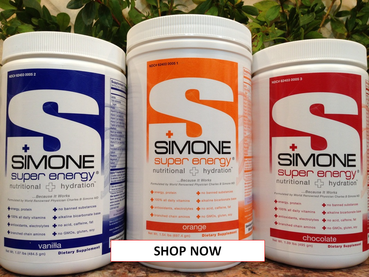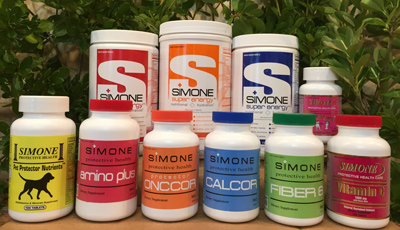We do not diagnose disease or recommend a treatment protocol or dietary supplement for the treatment of disease. You should share this information with your physician who can determine what nutrition and disease treatment regimen is best for you. Ask your physician any questions you have concerning your medical condition.
You can search this site or the web for topics of interest that I may have written (use Dr Simone and topic).
“We provide truthful information without emotion or influence from the medical establishment, pharmaceutical industry, national organizations, special interest groups or government agencies.” Charles B Simone, M.MS., M.D.
BENZENE IN YOUR BEVERAGES
12/1/2014
We do not diagnose disease or recommend a dietary supplement for the treatment of disease. You should share this information with your physician who can determine what nutrition, disease and injury treatment regimen is best for you. You can search this site or the web for topics of interest that I may have written (use Dr Simone and topic).
“We provide truthful information without emotion or influence from the medical establishment, pharmaceutical industry, national organizations, special interest groups or government agencies.” Charles B Simone, M.MS., M.D.
Lawrenceville, NJ (Dr Simone) –
Benzene Causes Cancer
Benzene is a chemical that directly causes human leukemia and is implicated in causing other human cancers as well. Benzene crosses the placenta at levels greater than or equal to the mother’s blood. No benzene exposure is safe. Unhappily it is found in our drinking water. Tap water with benzene levels above 5 parts per billion (ppb) is illegal and is not allowed for consumption. Bottled water with benzene greater than 5 ppb cannot be sold. Britain and New Jersey only permit 1 ppb in tap water, and California permits only 0.15 ppb. (Cancer and Nutrition by Charles B Simone, M.D. www.PrincetonInstitute.com).
79% of Diet Sodas Have High Levels of Benzene
The U.S. Food and Drug Administration’s own test results from 1995 to 2001 showed that 79% of diet soda samples tested (19 of 24 sodas) had benzene levels above 5 parts per billion, the federal limit for benzene in tap water. The detected benzene levels ranged from 19 ppb to 55 ppb. Each test result was derived from blending three individual soda purchases of the same brand from three different cities. No brand names were identified.
Beverages With Vitamin C and Benzoate Form Benzene
In addition to diet beverages, any beverage that contains BOTH vitamin C (ascorbic acid) and a preservative called benzoate (either sodium benzoate or potassium benzoate) can react to form benzene, especially if the beverage is left in the heat or exposed to light. In fact, the FDA reports that solutions containing ascorbic acid and benzoate preservatives “typical of those used in beverage formulations” that were left for eight days at room temperature had benzene levels of 266 ppb.
“FDA Misled Consumers”
The FDA’s test results were buried on their website in a testing program called the Total Diet Study. The average consumer does not have the programming skills to access and analyze the Total Diet Study and therefore did not know about this information until five years later, when on March 21, 2006 the Environmental Working Group (www.ewg.org), a consumer watchdog, uncovered and posted those results. And even then, an FDA official gave blanket safety assurances.
On March 28, 2006, the Associated Press published a story entitled “No Safety Concerns with Soda Benzene Tests” based on an interview with Robert Brackett, Ph.D., Director of FDA’s Center for Food Safety and Applied Nutrition. The story indicated that benzene levels in beverages “do not suggest a safety concern” according to the FDA’s 1993 test results. However, Brackett, at the time of the interview, had access to the FDA test results from 1995 to 2001 that did, in fact, reveal benzene contamination of diet soda and other beverages.
Richard Wiles, senior vice president of EWG said, “Once again, the FDA has sided with big food companies and misled consumers about the problem of benzene in beverages, withholding data and issuing public reassurances that are contradictory by their own test results.”
Britain Immediately Removed Certain Sodas
Based on this information, British authorities removed four brands of soda from the shelves in April 2006 because of benzene levels. In contrast to the FDA’s policy of withholding test results from the public, “The British Food Standards Agency rushed out results of tests on 149 drinks including a range of fruit juice, iced tea, fizzy and low sugar drinks,” according to an April 1, 2006 article in The Times of London.
Tap Water Has Less Benzene Than Many Beverages
Under federal law, you are not permitted to drink tap water or bottled water with benzene levels greater than 5 parts per billion. But diet sodas and other beverages with greater than 5 ppb of benzene is perfectly legal, but obviously no safer – even though the FDA permits its sale and consumption. The FDA’s own data suggest that some, if not many, of the beverages on the market today have benzene levels well above the 5 ppb. The majority of beverages have levels above the 1 ppb safety standard used as a legal limit by New Jersey, California (0.15), several other states and national governments. However, the FDA refuses to share the exact information with the public who pays their salaries, on how often, in what products, and under what conditions these elevated levels of benzene occur.
FDA Protects Beverage Companies
Since 1995, the FDA has virtually protected the beverage companies from public scrutiny. The FDA must tell the public exactly what brands are involved, and what storage conditions increase benzene levels in beverages.
Beverages Having the Potential of High Benzene
The Environmental Working Group made a list of beverages that contain both Vitamin C and benzoate and therefore have the potential of having higher than trace levels of benzene. These include:
Country Time Lemonade
Crystal Light Sunrise Classic Orange
Diet Pepsi Twist
Diet Pepsi Vanilla
Diet RockStar Energy Drink
Fanta Orange
Fanta Pineapple
Fruit20 Plus 10 Natural Apple
Giant Fruity Punch Cooler
Hawaiian Punch Fruit Juicy Red
Hawaiian Punch Lemonade
Hi-C Blast, Orange Supernova
Kool-Aid Jammers Blue-Raspberry
Kool-Aid Jammers Cherry
Kool-Aid Jammers Grape
Kool-Aid Jammers Orange
Lo-Carb Monster Energy Monster Energy
Pepsi Twist Lemon
RockStar Energy Drink
Sierra Mist
Sunkist
Sunny D
Sunny D Baja
Sunny D Intense Sport Cool Punch
Sunny D Orange-Fused Strawberry
Sunny D Smooth
Sunny D Smooth + Calcium
Tampico Citrus Punch
Tampico Grape Punch
Tampico Tropical Punch
Tropicana Twister Diet Soda (Diet Orange)
Tropicana Twister Soda Grape
Tropicana Twister Soda Orange
Tropicana Twister Soda Strawberry
SIMONE RECOMMENDATIONS
1) Avoid all diet sodas until it is clarified which ones are safe because 79% of all diet sodas tested by the FDA had benzene.
2) Avoid any beverage that has BOTH Vitamin C (ascorbic acid) AND benzoate because of the potential of high levels of benzene.
(c) 2017 Charles B. Simone, M.MS., M.D.



